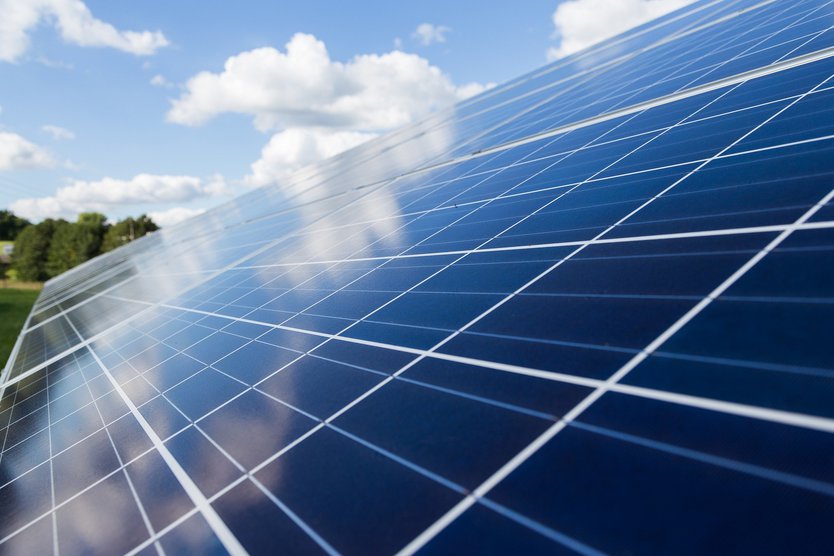
The EULE audit will recommend how solar parks can be optimised to be as in harmony with nature and the community as possible.
Solar parks are a good thing for climate protection but are they doing enough to promote biodiversity? A new system for evaluating the good land use credentials of open space renewable energy parks has been commissioned by the German Federal Foundation for the Environment (DBU) and will be carried out by the Weihenstephan-Triesdorf University of Applied Sciences (HSWT) in partnership with the idea generator Regionalwerke Bodenkirchen GmbH.
The project has its roots in a bachelor thesis written by Regionalwerke’s founder Andreas Engl at the HSWT in 2012. Engl used the Oberndorf solar park to demonstrate his method of evaluating renewable energy plants according to how well they integrate into their surroundings. His methodology included planting orchards and hedges and creating wetlands and nesting boxes alongside the solar field. Today, the former clay pit is teeming with wildlife.
In the proposed audit system which called EULE (for Evaluation System for an Environmentally Friendly and Landscape Compatible Energy Transition), operators of solar parks will have to construct and maintain their plants according to certain criteria to promote dual land use, protect and encourage biodiversity and avoid the scenario where energy parks sit on otherwise sterile land, or are a blot on the landscape.
The EULE audit will recommend how solar parks can be optimised to be as in harmony with nature and the community as possible. It is intended that the EULE mark will become a mark of credibility with consumers. Social measures will even be encouraged such as guided tours and the creation of education and recreational spaces. One positive side effect will be to inform consumers about how renewable energy plants operate and to promote wider acceptance of the decentralised energy turnaround.


